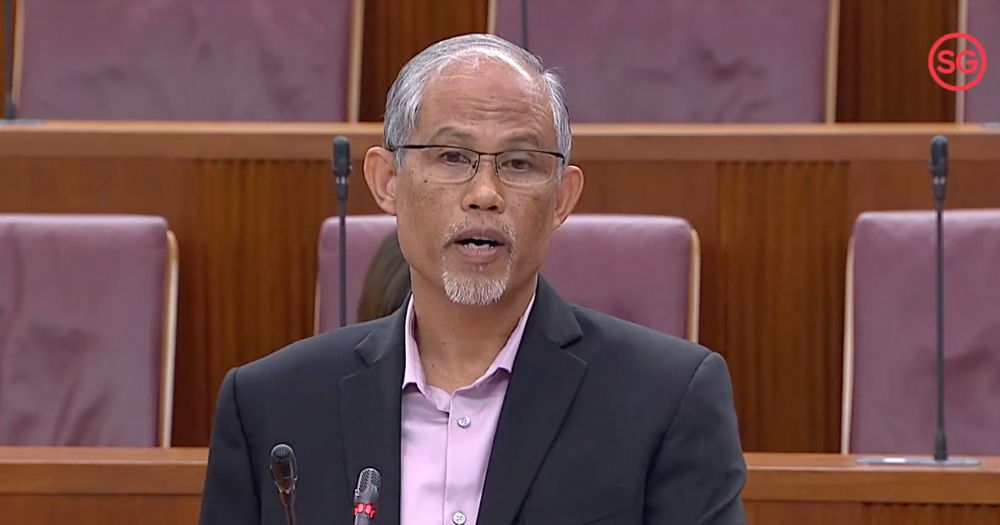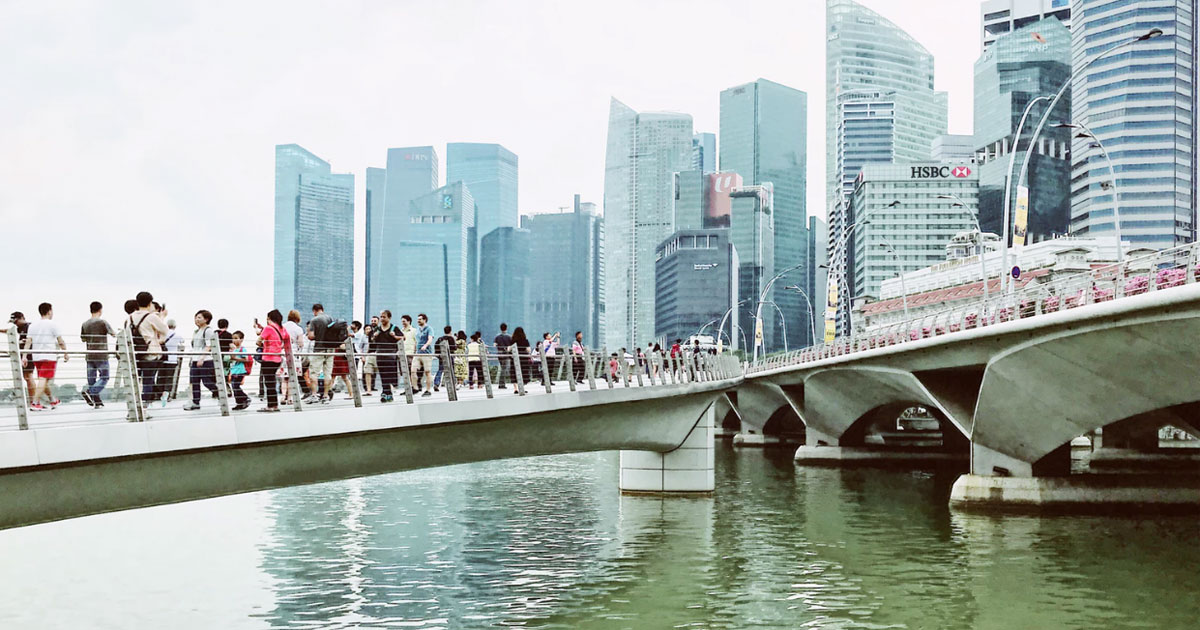Singapore's Ministry of Environment and Water Resources is stepping up climate mitigation efforts in food, water, energy and transport sectors.
MEWR minister Masagos Zulkifli elaborated on the five ways the government intends to protect Singapore against the looming threat of climate change during the Committee of Supply debate on March 7.

1. Water security
Singapore must have water regardless, so production of non-imported water will be scaled up.
Two more NEWater and desalination plants will be completed in 2020.
A S$200 million fund has also been allocated to the PUB Singapore for research and development (R&D) purposes to expand the capacity of local water resources via innovative breakthrough technologies.
With climate change as the backdrop, Masagos said: “We need to produce water almost at will, regardless of whether the rains will come.”
2. Growing food locally
By April 1, 2019, all food-related matters will be transferred to the new Singapore Food Agency (SFA) from the Agri-Food and Veterinary Authority (AVA).
SFA will adopt a “Grow Local” strategy to improve Singapore’s food security.
This will involve a “30 by 30″ strategy: To locally produce 30 percent of Singapore’s nutritional needs by 2030.
Currently, Singapore imports 90 percent of its food.
Existing local fish and vegetable farms will also receive support from the Agriculture Productivity Fund (APF) -- to integrate climate mitigating technologies and automation into operations.
One example, Masagos said, is to encourage coastal fish farms to adopt closed containment aquaculture systems that will safeguard against algal blooms.
SFA will also support the growing interest in urban rooftop farms.
3. Carbon taxes, floating solar panels
Carbon tax would take effect this year.
This is to encourage businesses to switch to clean fuel.
The government is prepared to spend more than the resulting estimated S$1 billion in tax revenues to help companies become more energy-efficient.
Carbon-footprint-reducing solar energy are being adopted now.
PUB is studying the deployment of floating solar photovoltaic systems at four reservoirs in Singapore -- Bedok, Lower Seletar, Upper Pierce and Tengah.
4. Sustainable transport
Vehicular emissions will have to be managed to reduce pollution and production of greenhouse gases.
The Early Turnover scheme established in 2013 has resulted in more than 40,000 diesel vehicles switching to cleaner diesel models.
Electric vehicle operators HDT and BlueSG have entered Singapore's market in a collaboration between MEWR and Ministry of Transport.
5. Water works
With the possibility of more frequent intense storms due to unpredictable weather, compounded by Singapore’s susceptibility to flash floods as a small, low-lying country, upgrading works will be carried out at two major waterways.
Bukit Timah First Diversion Canal and Sungei Pandan Kechil are to be completed in 2019, Masagos said.
Drainage upgrading works at another 16 locations will also commence this year to enhance the country’s flood resilience.
Singapore's vulnerability
Small low-lying countries like Singapore are particularly vulnerable to climate change.
The latest IPCC (Intergovernmental Panel on Climate Change) report released in 2018 details the 11 years left to tackle this dire phenomenon.
If you like what you read, follow us on Facebook, Instagram, Twitter and Telegram to get the latest updates.
